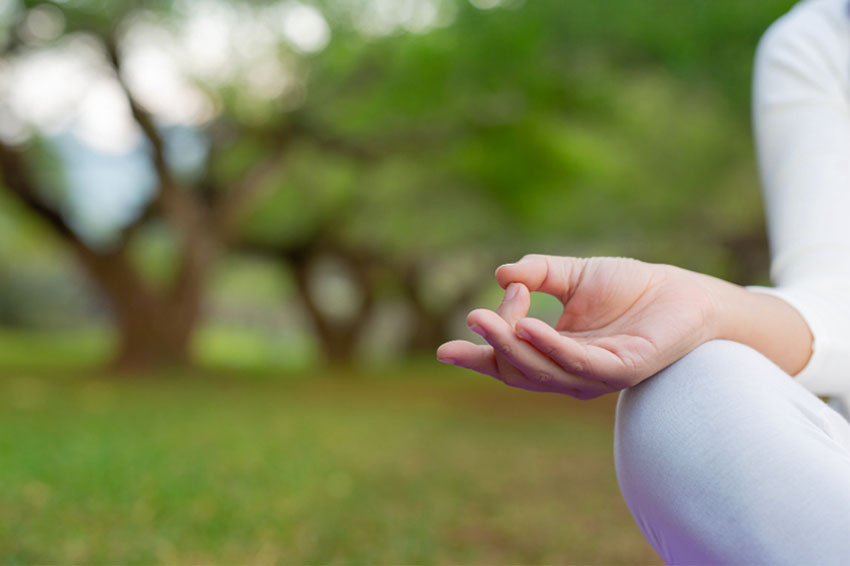Meditating involves the art of contemplation and reflection intended to train the mind to build awareness and, essentially, to put the mental processes under voluntary control.
Meditation is a relaxation technique that can help quieten the mind and body while boosting inner peace. While meditation can be done at different periods of the day, it can help reduce insomnia and sleep troubles if done before bedtime.
During meditation, a variety of physiological changes occur in your body, specifically in the brain. These changes can induce sleep by influencing specific processes in your body.
Benefits of meditation to your sleep
Meditation helps the brain in several ways. For instance, while sleep problems may emanate from stress and worry, meditation tends to improve your relaxation response and control over the autonomic nervous system, which reduces how easily you’re awakened.
Meditation can also improve your sleep by doing the following:
- Increase the sleep hormone – melatonin
- Increase serotonin – the precursor of melatonin
- reduce heart rate
- decrease blood pressure
- activate parts of the brain that control sleep
These processes are needed to ensure you have the best sleep experience. Therefore, meditating before you sleep can promote sleep by initiating these changes.
General benefits of sleep to your system
There are 4 stages of sleep that you go through. Better sleep is just one of the many benefits of meditation. Frequent meditation can help with the following:
- Improve your mood
- Relieve stress
- Reduce anxiety
- Increase focus
- Improve cognition
- Reduce tobacco cravings
- Improve your pain response
- Control high blood pressure
- Improve heart health
- Reduce inflammation
Meditation methodology
Meditation doesn’t require special tools or equipment to carry out. It only requires you and your time, and even at that, it’s only a few minutes. Nevertheless, effective meditation requires practice and routine.
When you make meditation a routine, you have a higher chance of enjoying its benefits. Here’s how you can practice meditation:
- Pick out a quiet space. You can decide to either sit or lie down, depending on what makes you feel comfortable.
- Close your eyes, breathe slowly, and relax your mind and body.
- Focus your mind on your breathing and nothing.
As you try meditation ahead of your sleep, have it in mind to make it a practice. You can go from a few minutes, like 3 to 5 minutes, to a longer period of 15 to 20 minutes before bedtime. This way, you can steadily learn how to quiet your mind.
Also read: 5 Meditation Techniques for Beginners
Risk of meditation practices
Meditation is a low-risk well-being practice, and it’s this way for most people. However, you may stand at risk if you have a record of mental illness. Meditation can trigger some side effects, which include:
- Increased anxiety
- Depersonalization
- Derealization
- Dizziness
- Intense mood changes
The chances of getting these side effects are very low. So, you may not bother about it. However, to be on the safe side, you may decide to talk to your doctor before going ahead with meditation.
References:
Meditation (n.d) Retrieved from Medical Dictionary Website:
https://www.thefreedictionary.com/meditation
Mindfulness Meditation and Improvement in Sleep Quality and Daytime Impairment Among Older Adults With Sleep Disturbances (2015) Retrieved from Jama Internal Medicine Network Website:
https://jamanetwork.com/journals/jamainternalmedicine/fullarticle/2110998
This article is published by our independent team of health and wellness pundits that publish original and informative content to empower readers to take charge of their health and embark on a physically, mentally, and emotionally balanced lifestyle.







































Excellent article meditating is a form of thought and reflection that aims to teach the mind to become more aware of its surroundings, to take control of our mental processes. Thank you for this information.
Your blog is very nice and we hope you are providing more information in future times.